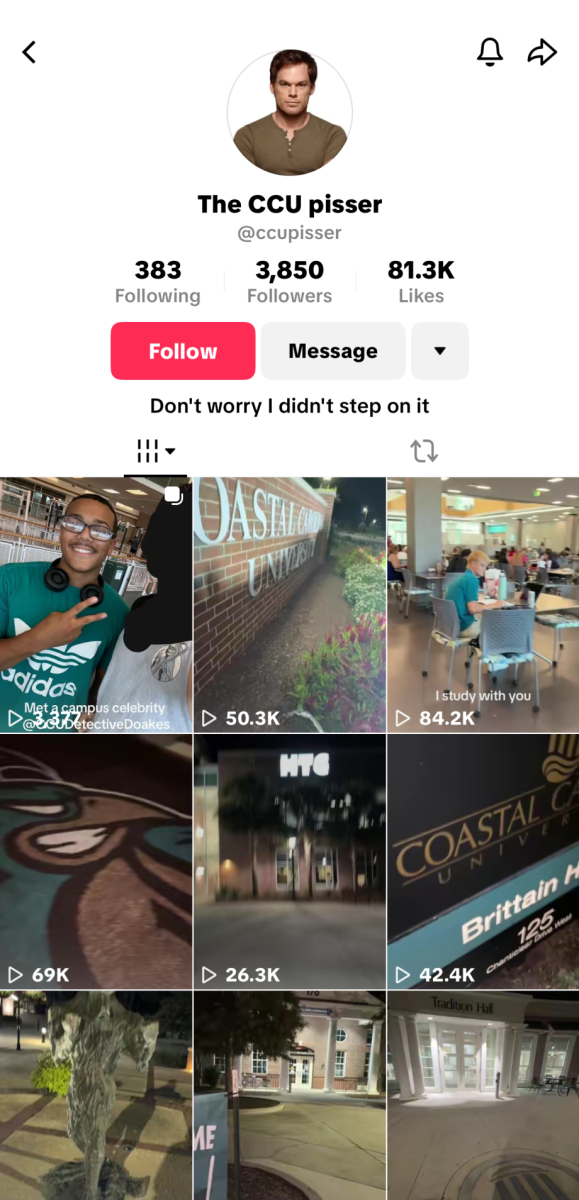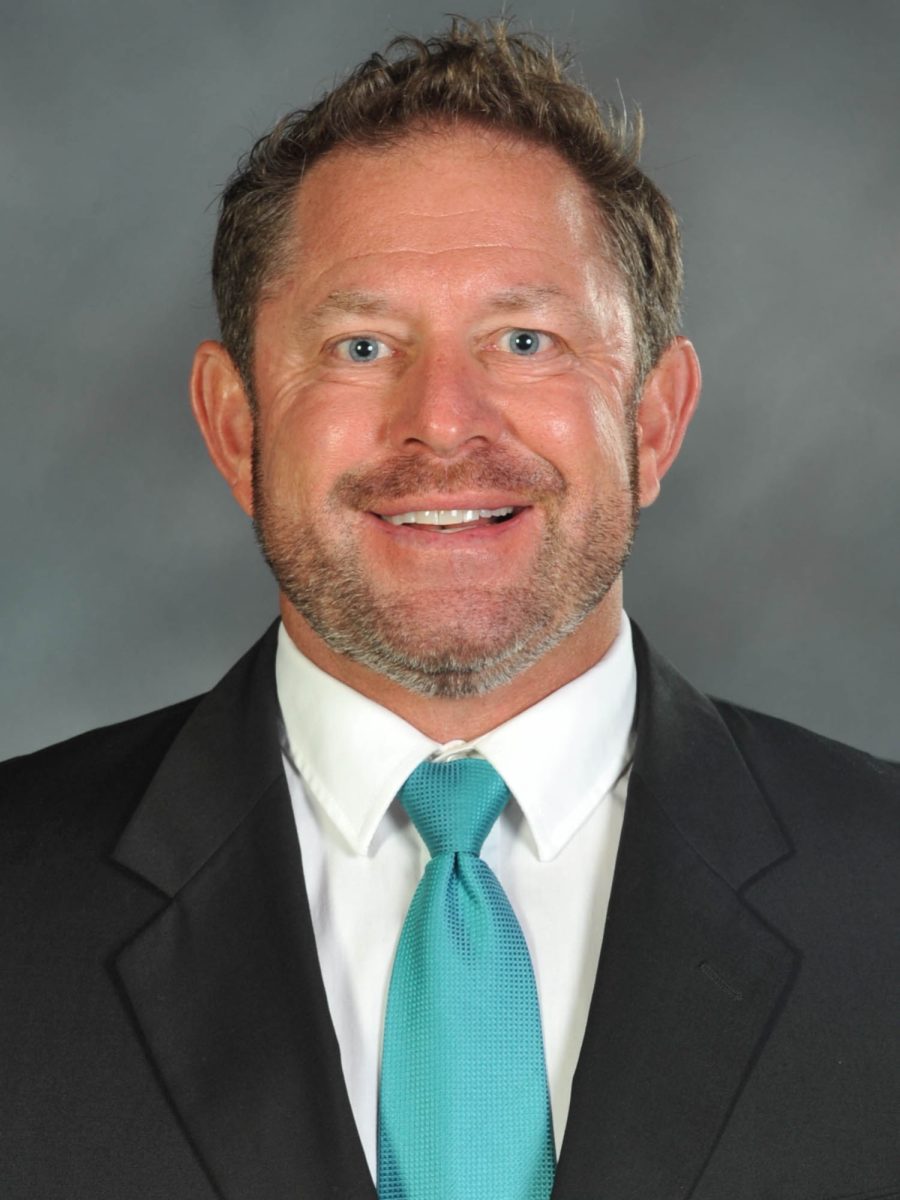With the impending threat of cyber security, the Coastal Carolina University board of trustees approved a Bachelor of Arts (B.A.) in cyber threat intelligence Oct. 27.
The new B.A. in cyber threat intelligence is the result of a collaboration between the Edwards College of Humanities and Fine Arts and the Gupta College of Science.
Dean of the Edwards College Claudia Bornholdt said this new degree is unique because of the partnership between the two colleges. She said this new major will encourage experts in different fields to communicate with one another.
In addition to the two colleges working together, Bornholdt said this major is something new that isn’t offered in most undergraduate programs.
She said Coastal is one of nine undergraduate departments where you can study intelligence and security studies.
“There’s lots of graduate certificates that do something similar,” Bornholdt said. “But our students will actually be on the market after four years with the undergraduate degree.”
Bornholdt said there will be a total of four classes added in accordance with the new major, with a couple already being offered in the intelligence program.
She also said this major will be beneficial to those coming out of intelligence in the U.S. military.
Before being added to the university curriculum, the new degree must seek approval from the South Carolina Commission on Higher Education, South Carolina Department of Education and the Southern Association of Colleges and Schools Commission on Colleges.
The Intelligence and Security Studies Program began at Coastal in 2011, according to Joseph Fitsanakis, a professor in intelligence and security studies. He said there are a plethora of opportunities in the cyber intelligence field.
“There are more jobs available right now and have been for a long time in cybersecurity than there are people to fill it,” Fitsanakis said. “We can’t produce them fast enough and to the extent that somebody has an interest in not just the technology but understanding how it fits in with national security.”
Fitsanakis said this program is vital to everyone because enough people do not understand the technical side of basic technologies we use every day, such as computers and phones. He said cyber threats are increasingly prevalent in the U.S. and the world today.
Senior in the intelligence and security studies program Riley Legler agreed that cyber threats are prevalent to today. She said majors in this program have a wide scope of knowledge.
“When I go in for job interviews, I’m fully prepared to talk about things that other candidates in different majors might not necessarily know,” she said.
Fitsanakis said students who have graduated from the Intelligence and Security Studies Program have secured jobs working for the CIA, FBI, Defense Intelligence Agency, National Security Agency and other government agencies.
“The student wins, the program wins, but also the country wins,” he said.



















